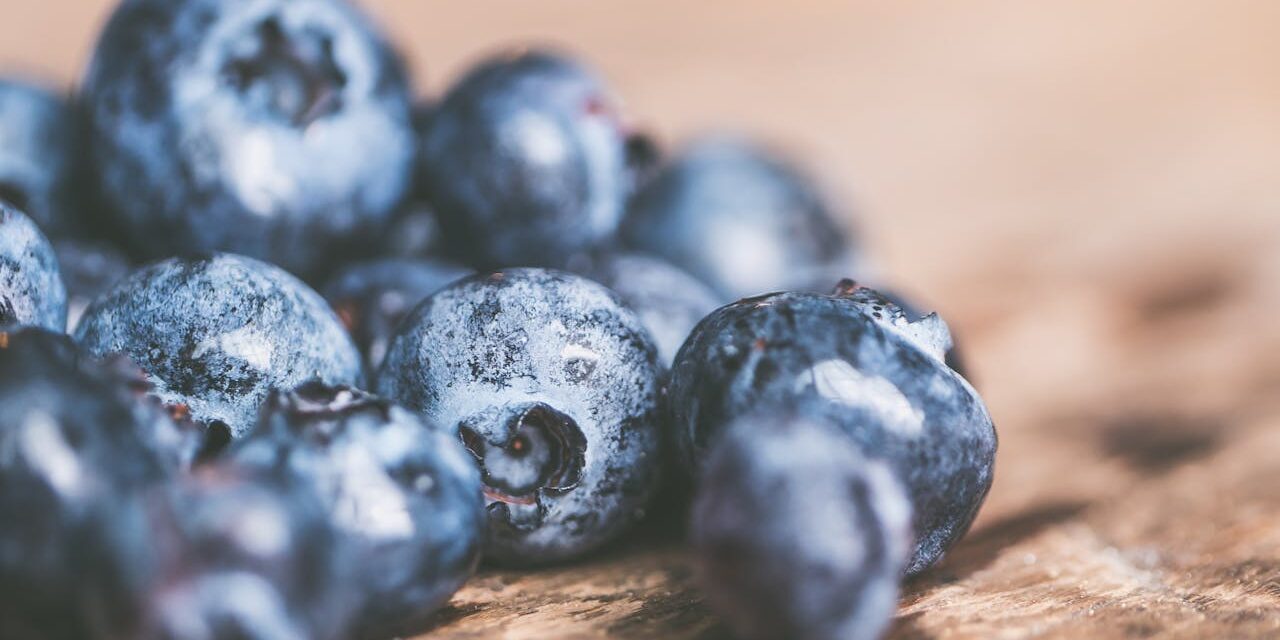By Katerina Paleckova
The modern approach to feeding dogs favors mostly commercial made dry foods. These contain balanced levels of some vitamins and minerals, and their levels vary from brand to brand and from formula to formula.
Unfortunately, the levels of these essential micronutrients are of so called “maintenance” values, not taking into consideration dogs under stress; such as pregnant and lactating bitches, growing puppies, canine athletes such as sled dogs, dogs with dysplasia background, senior, sick dogs or those that just underwent an operation.
Basically, the majority of dogs need vitamin-mineral supplements to be added to their daily diet and the most important of them are antioxidants.
Another important fact to keep in mind is that commercial dry dog foods contain quite high levels of fat. Much of the
natural antioxidants contained in the diet are then, unfortunately, used up stabilizing fat during storage, as natural antioxidant vitamin E (alfa-tocoferol) is used in majority of the quality dry foods. Some of the producers also use vitamin C (ascorbic acid) as a conservative. This coupled with the fact that the antioxidant levels in the diet, as recommended by the NRC, were determined for young dogs at rest and not under stress.
As mentioned above, hard physical work, aging, disease and stress greatly increase the requirements for all antioxidants. Although dog food manufacturers say that their diets are complete and need no additional supplements, why do we see improvements in performance when hard working dogs, dogs under stress, and geriatric dogs are fed antioxidant supplements?
Bitches that were reported “unfertile”, had healthy litters after being supplemented with Vitamin A and E several weeks prior to breeding and during the first weeks of pregnancy. Stud dogs have become fertile again (or more) when their diets have been supplemented with Vitamin A, E and Selenium.
Certain medical conditions are complicated by antioxidant deficiencies, and may respond favorably to antioxidant supplementation, especially those associated with stress. Several studies have even shown significant results in treating tumors and cancer in patients by using “mega-doses” of antioxidants Vitamin A, C, E and Selenium.
Note from the author: One of our dogs is on a special all natural “cancer diet” which includes mega doses of antioxidants and his testicle tumor has reduced within 3 months of treatment by nearly 90%. Miracle or what? The answer is rather simple; antioxidants help to boost the body’s immune system and therefore it’s natural power of self-healing. That is why it is so important to add antioxidants into our dog’s daily diet, especially of the above described groups of dogs. Bodies of hard working athletes or stressed individuals “produce” quite high levels of toxins that are the “side product” of the energy burning process. Body cells are than attacked, their walls are destroyed and the cell aging process fastens. Antioxidants significantly slow down the cell aging as well as protect their walls.
Table of Contents
Dogs and Antioxidants
Here are a few facts about deficiencies of some of the antioxidants:
In dogs, a deficiency of Vitamin E results in blindness, similar to senile macular degeneration in humans (Loew 1987). Vitamin C has been shown to be beneficial to racing sled dogs on high fat diets and has been reported to be of benefit in dogs with arthritis and/or hip dysplasia. Cleft palates, primarily a genetic disorder in dogs, can be aggravated by either a deficiency of Riboflavin or Vitamin A. The hair coat of Black Labrador dogs turning brown has been demonstrated to be a copper deficiency caused by zinc addition to the diet without a corresponding increase in copper supplementation.
General Functions of Antioxidants
Vitamin A – Skin, eyes, bones, reproduction, growth
Vitamin C – Stress (spares Vitamin E), bones, cartilage
Vitamin E – Stress, eye integrity, muscle integrity, proper heart function, reproduction, prevents oxidation of fat,
Riboflavin – Stress, eye function, skin integrity, muscle strength of hind quarters
Folic Acid – Prevents birth defects associated with the nervous system
Zinc – Stress, immune response, wound healing
Manganese – Bone, tendon, muscle, birth weight
Copper – Immune response, hair color, reproduction
Selenium – Stress, muscle integrity, reproduction





